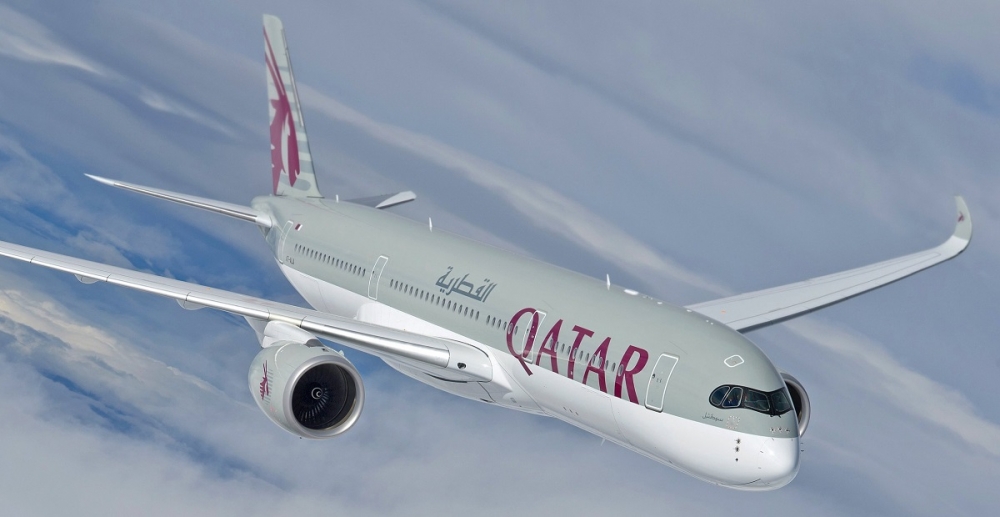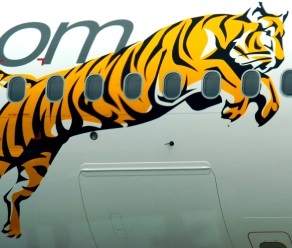Qatar announces eight new destinations
20 January, 2020
2 min read


Qatar Airways has announced eight new destinations in countries ranging from Turkey to Cambodia as it continues to expand its global reach in 2020.
“Eight new destinations will be joining our network this year in addition to the recently announced gateways of Santorini, Greece; Dubrovnik, Croatia; and Osaka, Japan,’’ Qatar Airways group chief executive Akbar Al Baker said at the recent Kuwait Aviation show.
“With these new routes, our operations will expand to 177 destinations around the world, reinforcing our position as one of the world’s most connected airlines.
READ our 20 world's best airlines for 2020.
“This ensures we can continue to provide our passengers more options and flexibility when planning their business and leisure travel.”
The latest expansion will begin with two weekly flights to Nur-Sultan in Kazakhstan from March 30, quickly followed by two weekly flights to Almaty from April 1. The Amalty flights will double in frequency from May 25.
Starting April 8, the Doha-based airline will fly three times weekly to Cebu in the Philippines and from April 15 it will start daily services to Accra, Ghana.
Flights to Trabzon, Turkey, will operate three times a week from May 20 and Lyon, France, will see the award-winning airline landing there five times a week from June 23.
The final two destinations in the eight newly-announced routes are Luanda, Angola and Siam Reap, Cambodia.
Qatar will start flying to Luanda four times weekly from October 14 and to Siam reap five times weekly from November 16.
The Qatari national carrier has steadfastly continued with its expansion plans despite an airspace blockade by some neighboring Gulf states.
The airline late in 2019 announced a slew of increased frequencies and new summer routes as well as an expanded codeshare agreement with SriLankan Airlines.
READ: Qatar boosts frequencies, adds destinations.
However, its losses widened in the 2019 financial year to a record $US369 million as it grappled with global economic challenges and the airspace blockade.
Next Article
3 min read
Virgin gets nod for Tiger deal

Get the latest news and updates straight to your inbox
No spam, no hassle, no fuss, just airline news direct to you.
By joining our newsletter, you agree to our Privacy Policy
Find us on social media
Comments
No comments yet, be the first to write one.
